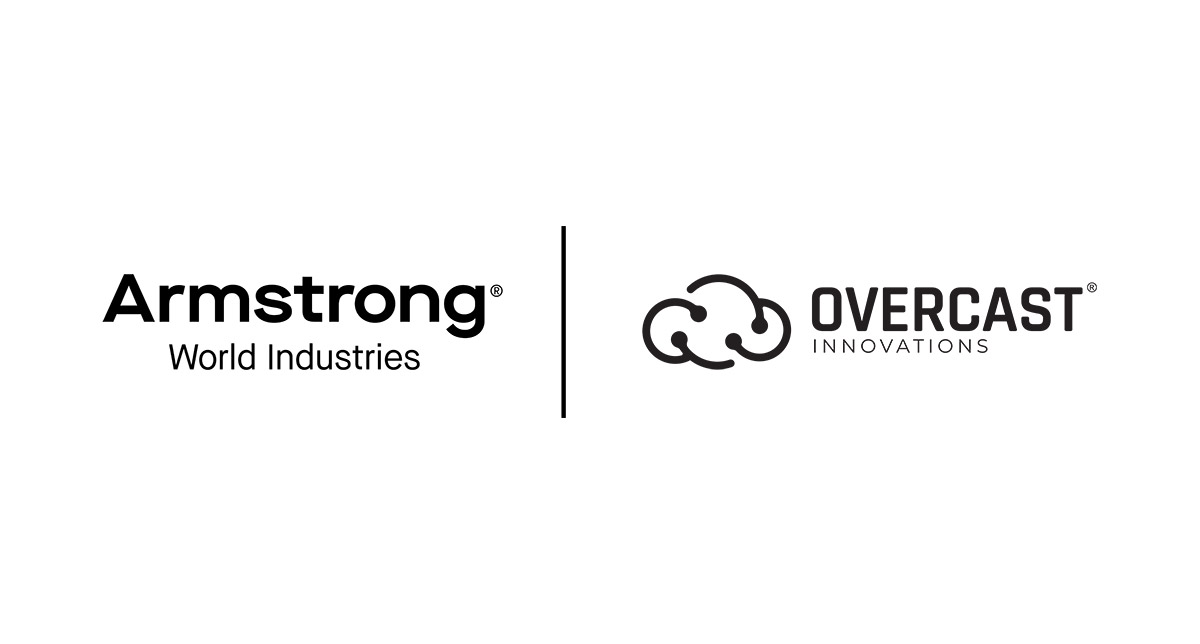Spark Innovation
Welcome to our content hub. Explore our insights, news, people and community projects.

Armstrong World Industries and Overcast Innovations Enter Strategic Part…
Formal partnership integrates Armstrong products within Overcast Clouds, expanding options for buildings to optimize …